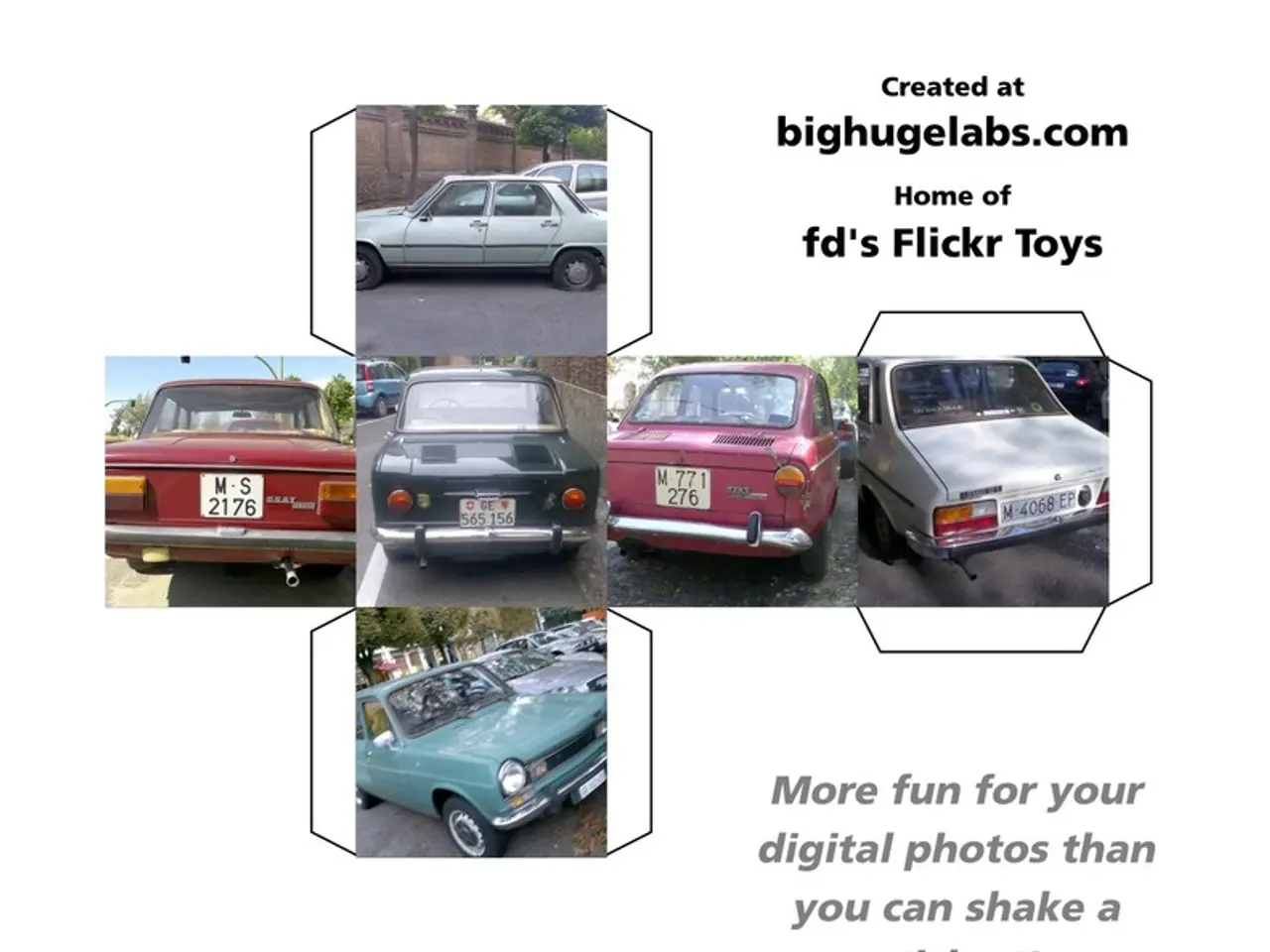Electric Vehicle Journeys Across the Nation Remain Challenging?
In the pursuit of a cleaner, more sustainable future, electric vehicles (EVs) are gaining popularity as a viable choice for transportation. However, challenges remain, particularly in terms of EV charging infrastructure, especially in rural regions.
Urban areas generally boast more comprehensive EV charging networks compared to their rural counterparts. This disparity has been highlighted by former U.S. Secretary of Energy, Jennifer Granholm, and policy associate at Frontier Energy, Nilou Yaar. They've pointed out a significant gap in coverage of EV charging infrastructure in rural regions, making long-distance travel difficult for EV drivers.
The U.S. government is working to improve the situation. Federal initiatives like the National Electric Vehicle Infrastructure (NEVI) program aim to deploy chargers across underserved areas. This programme focuses on areas with limited access to EV charging infrastructure, aiming to make EV travel easier for everyone.
The Biden administration had committed to placing charging stations every 50 miles along major highways. However, the future of this initiative remains uncertain under the Trump Administration. Regardless, efforts are being made to improve the infrastructure, with an increase in fast-charging stations expected to make cross-country travel more feasible.
States like California and New York have made significant progress in building sufficient public charging infrastructure for electric vehicles. This progress is driven by policies such as bans on gasoline car sales starting 2035. However, overall, the U.S. still has gaps and regional differences in coverage, with many states not yet having fully adequate charging networks.
Supporting such initiatives can play an active role in making EV travel easier. By advocating for more local charging stations in your community, you can contribute to a cleaner, more sustainable future. Educating others about the benefits of EVs can also help accelerate this progress.
Staying informed about the latest advancements in EV charging infrastructure is important. For more information, visit EarthTalk's website or donate at earthtalk.org. The EarthTalk® is produced by Roddy Scheer & Doug Moss for the 501(c)3 nonprofit EarthTalk.
It's worth noting that the U.S. currently has approximately 134,000 charging stations, which is insufficient to meet the growing demand. The Great American EV Road Trip may be delayed due to these insufficiencies.
By choosing an electric vehicle for your next car, you can contribute to a cleaner, more sustainable future. Supporting initiatives to expand charging access can help make EV travel easier and more accessible for everyone. The future of EV charging infrastructure looks promising, and with collective efforts, we can overcome the current challenges and make long-distance EV travel a reality.








